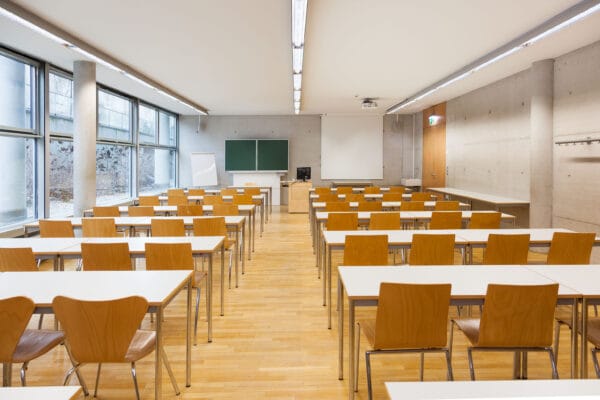
NAME:
SOWI - UR 3
BUILDING:
SOWI
FLOOR:
-1
TYPE:
Seminar Room
CAPACITY:
70
ACCESS:
Only Participants
EQUIPMENT:
Beamer, PC, WLAN (Eduroam), Overhead, Flipchart, Blackboard, Handicapped Accessible, LAN
Mountain regions face the need to reformulate sustainable development systems. In the last decade, exploitation pressure in mountain regions has increased, mainly the inclusion of unique nature into the mass tourism system on the one hand, while on the other hand, ecological awareness, nature protection and the need to preserve heritage have also increased. There is a need to build new cultural resilience in mountain areas, as a factor of a new sustainable development system in the mountains. Cultural resilience in the mountains is understood as a holistic integration of the cultural and natural heritage into the development system. Development threats to mountain areas are as follows: urban deculturalization of the mountain cities, by the large hotel investments, overtourism disturbing the ecosystem, trivialization of cultural localism. The challenges are to build cultural resilience of mountain areas, which would also become part of sustainable tourism in the mountains. Using the case of the Tatra Mountains and Zakopane as an example, the possibilities of building a cultural resillience in the context of tourism are presented. The case study presents: the potentials for “slow-tourism” routes, integrations the routes with the existing architectural and industrial monuments, as well as, the inclusion of the literary and philosophical heritage of the Tatra Mountains. These aspects are indicating the inclusion of culture in the processes of the changing the system of sustainable development in the mountains.

We and use cookies and other tracking technologies to improve your experience on our website. We may store and/or access information on a device and process personal data, such as your IP address and browsing data, for personalised advertising and content, advertising and content measurement, audience research and services development. Additionally, we may utilize precise geolocation data and identification through device scanning.
Please note that your consent will be valid across all our subdomains. You can change or withdraw your consent at any time by clicking the “Consent Preferences” button at the bottom of your screen. We respect your choices and are committed to providing you with a transparent and secure browsing experience.